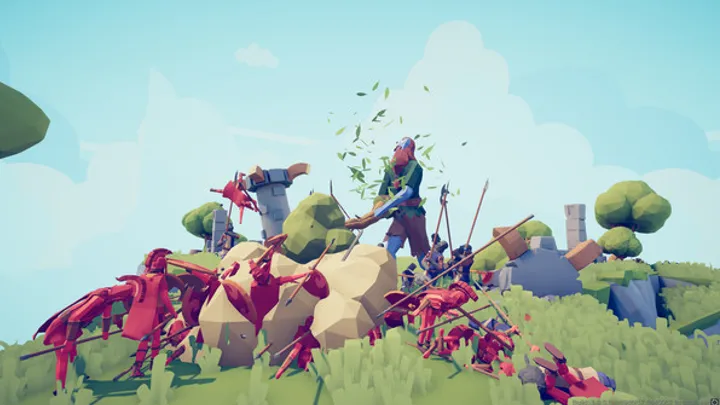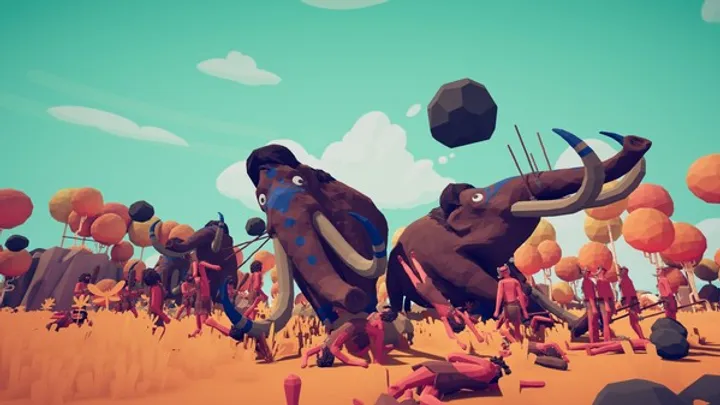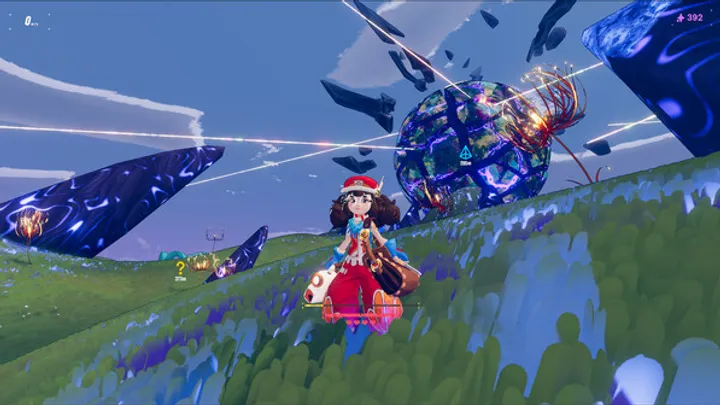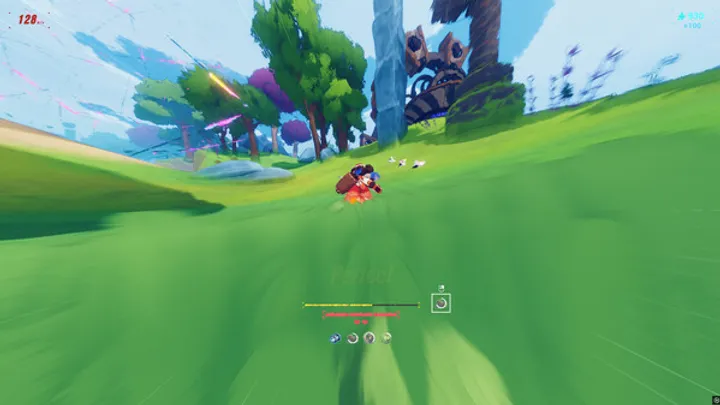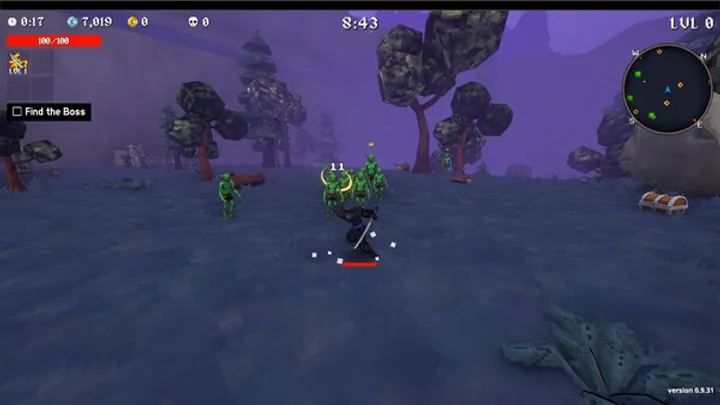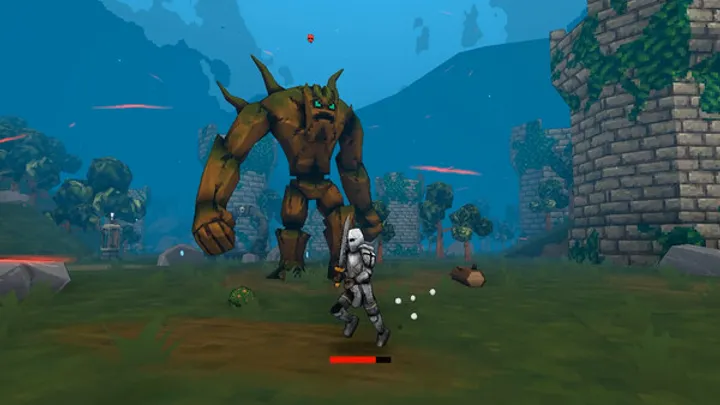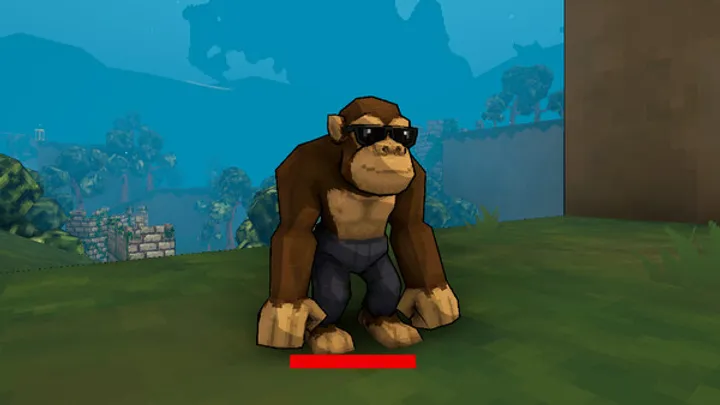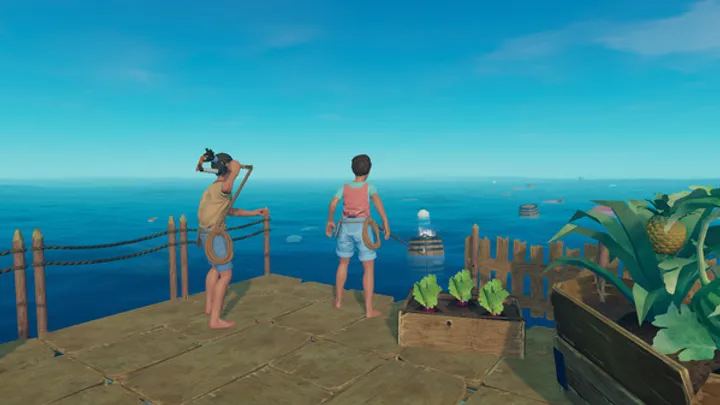Introduction
Toca Life World has become a beloved platform for children, fostering creativity and imaginative play. However, beneath its engaging surface lies a critical issue: the impact of in-game purchases on players' experiences, particularly for young users. This article aims to explore the intricacies of microtransactions in Toca Life World, examining their implications for gameplay, the ethical considerations involved, and potential solutions to enhance the gaming experience for all players.
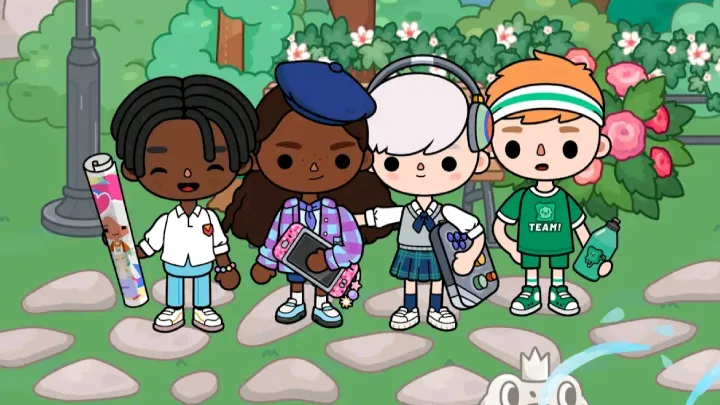
The Genesis of Toca Life World
A Brief History of Toca Boca
Toca Boca, the developer behind Toca Life World, initially aimed to create digital toys that inspire imagination and creativity among children. The company gained prominence with its Toca Life series, which allowed players to explore various environments and scenarios. Toca Life World was launched as an amalgamation of these experiences, offering a comprehensive platform for storytelling and exploration.
The Freemium Model Unveiled
With the release of Toca Life World, Toca Boca adopted a freemium model. The game is free to download, but many features, characters, and locations are locked behind in-game purchases. This model allows developers to monetize their games while providing accessible entry points for players. However, the reliance on microtransactions raises questions about long-term player engagement and the fairness of the gaming experience.
Understanding the Mechanics of Microtransactions
Types of In-Game Purchases
In Toca Life World, players encounter various types of microtransactions. These include:
- Character Packs: Players can purchase additional characters that enhance gameplay.
- New Locations: Unlocking new areas allows for expanded exploration and storytelling.
- Special Items: Unique items can be bought to customize the gaming experience.
These purchases create a tiered system that can encourage frequent spending, particularly among younger players.
The Role of Psychological Triggers
Microtransactions often leverage psychological triggers to drive purchases. Tactics such as scarcity, urgency, and exclusivity can create a compelling environment for players. For instance, limited-time offers may prompt children to seek parental approval for purchases, reinforcing the importance of understanding these tactics for responsible gaming.
The Impact of In-Game Purchases on Gameplay
Accessibility Issues Among Players
The introduction of microtransactions creates a divide among players. Those who cannot or choose not to spend money may find their gameplay experience significantly limited. This divide can lead to frustration, especially for younger players who may not grasp why certain features are locked behind a paywall. The result is a two-tiered gaming experience that can detract from the overall enjoyment of the game.
Community Reactions and Feedback
The Toca Life World community has expressed mixed opinions regarding in-game purchases. Some players appreciate the ability to customize their experience through spending, while others voice dissatisfaction with cost barriers that restrict access to content. Online forums and social media platforms serve as venues for discussions, highlighting differing perspectives and calls for changes in the game's monetization strategy.
Ethical Considerations Surrounding Microtransactions
Exposing Children to Consumerism
One of the most pressing ethical concerns surrounding Toca Life World is the impact of microtransactions on children. Young players may not fully understand the value of money or the implications of spending on virtual items. This exposure can normalize consumerist behaviors at a young age, which is troubling for parents and educators concerned about the long-term impact on children’s values.
The Role of Parental Controls
To mitigate concerns regarding spending, Toca Boca has implemented parental controls that allow guardians to manage in-game purchases. However, the effectiveness of these controls largely depends on parental awareness and engagement. Many parents may not be fully informed about the extent of in-game purchases, leaving children vulnerable to unregulated spending. Clear communication and education about the game’s monetization practices are essential for responsible gaming.
The Long-Term Effects of Microtransactions
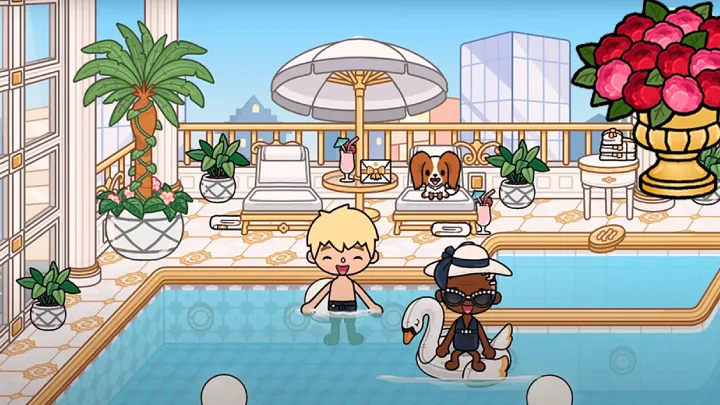
Developing Spending Habits
Research indicates that early exposure to microtransactions can shape long-term spending habits. Children who frequently engage in in-game purchases may carry these behaviors into adulthood, leading to a normalization of spending on non-essential digital goods. This trend raises significant concerns about financial literacy and responsible consumer behavior.
Psychological Implications
The psychological effects of microtransactions can also be profound. The constant push for purchases may foster a sense of dissatisfaction with free content, leading players to equate happiness with spending. This cycle can create a dependency on purchasing to enhance gameplay, which can be detrimental in the long run.
Addressing the Challenges of Microtransactions
Expanding Free Content Offerings
One potential solution to the challenges posed by in-game purchases is to expand the free content available in Toca Life World. By offering more characters, locations, and items without charge, Toca Boca could enhance the gameplay experience for all players, ensuring that those unable to spend money still have access to a fulfilling experience.
Considering Alternative Monetization Strategies
Another alternative is to explore subscription models, where players pay a monthly fee for access to all content. This approach could provide a more equitable experience, reducing the pressure to make individual purchases while ensuring a steady revenue stream for developers.
The Developer's Responsibility
Prioritizing User Experience
Game developers have a significant responsibility in shaping player experiences. Ethical development practices should prioritize user satisfaction over profit, ensuring that all players can enjoy a fulfilling gameplay experience without the pressure of mandatory spending. This approach fosters goodwill and trust between developers and their user base.
Engaging with the Player Community
Engaging with the player community can provide valuable insights for developers. Actively seeking feedback and addressing concerns can foster a positive relationship with players, ultimately leading to improved game design and player satisfaction. Toca Boca can benefit from transparent communication and responsiveness to community needs.
The Future of Toca Life World
Adapting to Evolving Player Needs
As the gaming landscape evolves, Toca Life World must adapt to meet the changing needs of its players. This includes reassessing monetization strategies to create a more inclusive environment. By prioritizing player feedback and ethical practices, Toca Boca can position itself as a leader in responsible game development.
Innovations in Gameplay Mechanics
Exploring innovative gameplay mechanics can also enhance the Toca Life World experience. Introducing features such as player-generated content or collaborative storytelling can provide fresh engagement opportunities without relying heavily on in-game purchases. These innovations can help sustain player interest and loyalty over time.
Conclusion
The issue of microtransactions in Toca Life World presents a multifaceted challenge that significantly affects gameplay, user experience, and ethical considerations. While the game offers a vibrant and imaginative environment for children, the monetization model raises important questions about consumerism and financial literacy. By addressing these concerns and exploring alternative strategies, Toca Boca can enhance the player experience and foster a healthier gaming environment for future generations.









